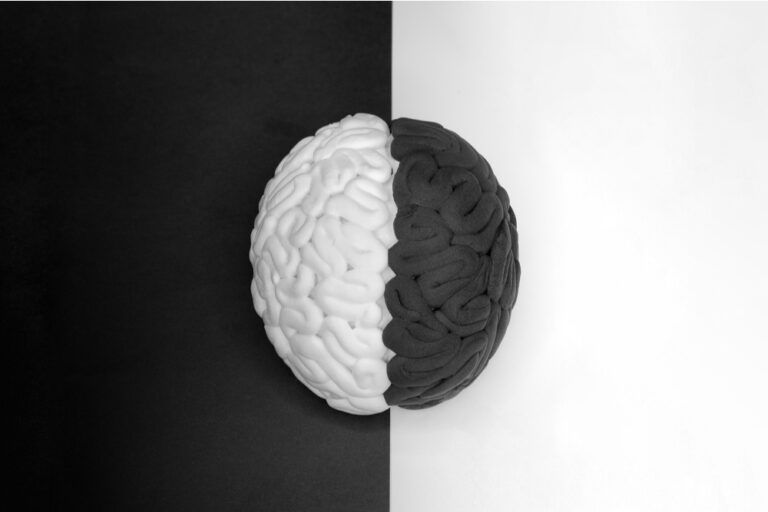Concussions are complex injuries that can have lasting impacts on cognitive function, mood, and overall quality of life. Properly managing and treating concussions requires a multifaceted approach, with neuropsychological assessments playing a crucial role. In this blog, we’ll delve into what these assessments are and how they contribute to effective concussion management and personalized treatment plans.
Understanding Neuropsychological Assessments
Neuropsychological assessments are comprehensive evaluations of cognitive and psychological functioning using a battery of standardized tests. These assessments are conducted by neuropsychologists—specialists trained in understanding the relationship between the brain and behavior. The tests used in these evaluations measure various domains, including:
-Memory and Learning: Evaluating both short-term and long-term memory, as well as the ability to learn and retain new information.
- Attention and Concentration: Assessing the ability to focus, maintain attention, and manage distractions.
- Executive Functioning: Analyzing skills such as problem-solving, planning, organization, and decision-making.
- Language Skills: Examining expressive and receptive language abilities.
- Visuospatial Skills: Testing the capacity to understand and manipulate visual and spatial information.
- Emotional and Psychological Health: Identifying mood disorders, anxiety, depression, and other psychological conditions that might affect or be affected by cognitive performance.
How Neuropsychological Assessments Aid Concussion Management
When it comes to managing concussions, neuropsychological assessments offer several key benefits:
Establishing a Baseline
Before a concussion occurs, baseline neuropsychological assessments can be conducted to capture an individual’s normal cognitive functioning. In the event of a concussion, these baseline results provide a crucial point of comparison to detect any changes or impairments caused by the injury.
Diagnosing Cognitive Deficits
Following a concussion, individuals may experience a range of cognitive deficits that are not always immediately apparent. Neuropsychological assessments help in identifying subtle cognitive impairments that might be missed during a standard medical examination. This comprehensive evaluation ensures that no aspect of cognitive function is overlooked.
Personalizing Treatment Plans
Every concussion is unique, and so is every patient. Neuropsychological assessments provide detailed insights into the specific cognitive and emotional challenges an individual is facing. Armed with this information, healthcare providers can develop personalized treatment plans tailored to address the patient’s unique needs. For instance, if memory deficits are identified, cognitive rehabilitation strategies can be implemented to enhance memory function.
Monitoring Recovery
Recovery from a concussion can vary widely among individuals. Regular neuropsychological assessments enable healthcare providers to track progress over time, adjusting treatment plans as necessary to ensure optimal recovery. This ongoing evaluation helps in identifying any lingering cognitive issues that might require further intervention.
Guiding Return-to-Play or Return-to-Work Decisions
For athletes or individuals in high-risk professions, making safe return-to-play or return-to-work decisions is critical. Neuropsychological assessments provide objective data on cognitive recovery, helping to ensure that individuals are fully recovered before resuming activities that could put them at risk for another concussion.
The Importance of Neuropsychological Assessments in Personalized Care
The value of neuropsychological assessments in concussion management cannot be overstated. These assessments provide a comprehensive understanding of the cognitive and emotional impact of a concussion, enabling healthcare providers to deliver personalized, targeted care. By addressing the specific needs of each patient, neuropsychological assessments help in achieving better outcomes and facilitating a full recovery.
In conclusion, neuropsychological assessments are an indispensable tool in the arsenal of concussion management. They offer detailed insights into cognitive function, guide personalized treatment plans, and ensure that patients receive the care they need to recover fully. Whether you’re an athlete, a professional, or anyone at risk of concussions, understanding the role of neuropsychological assessments can help you navigate the path to recovery with confidence.

















